Play Therapy can help a child in a variety of ways.
They are able to receive emotional support and unconditional acceptance from the Play Therapist. Through this they learn to understand their own feelings, wishes and thoughts, relationships, hopes and fears.
The Play Therapist allows the child the freedom of expression in a safe and trusting environment to ‘play out’ whatever is troubling them.
The child may re-enact their life experiences through interacting with toys and creative activities into terms that they can relate to, sometimes ‘playing out’ specific traumatic or difficult life experiences.
This enables them to make sense of their past and cope better with their future.
Who can benefit from Play Therapy?

Play Therapy is an effective intervention for children and young people (4-12 years old) with a variety of presenting difficulties including:
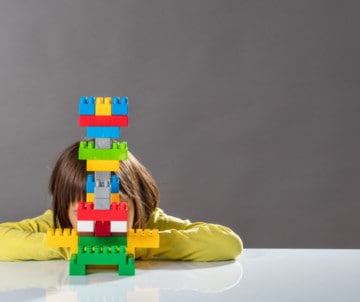
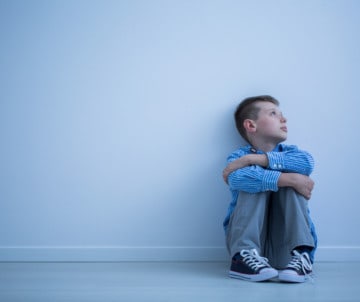
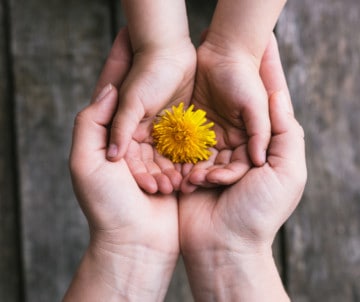
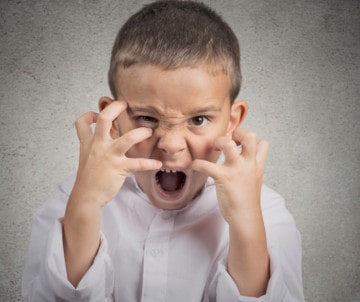
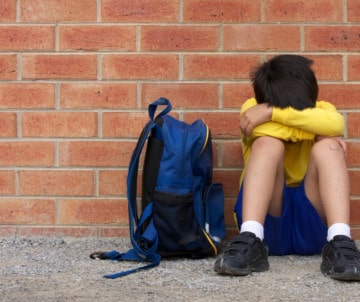
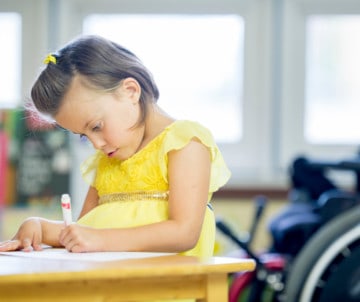
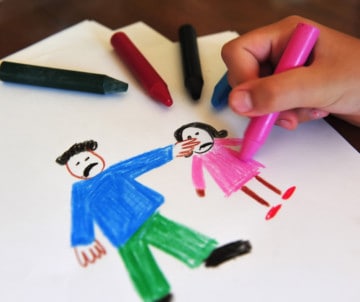
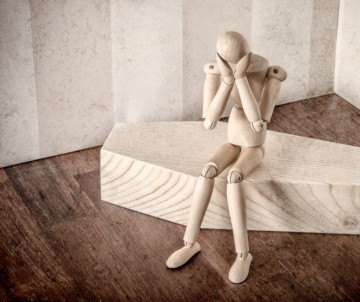

My aims as a Play Therapist are:
- To provide tools or mechanisms that will help them cope better with their past, present and future.
- To enable them to manage relationships and conflicts in more appropriate ways.
The outcomes of Play Therapy may be more general or specific, including:
- Reduction in anxiety
- Increased self-esteem, self-efficacy and confidence
- Positive changes in behaviour
- Improvements in relationships
- Increased communication within other contexts
- Increased repertoire of coping strategies





